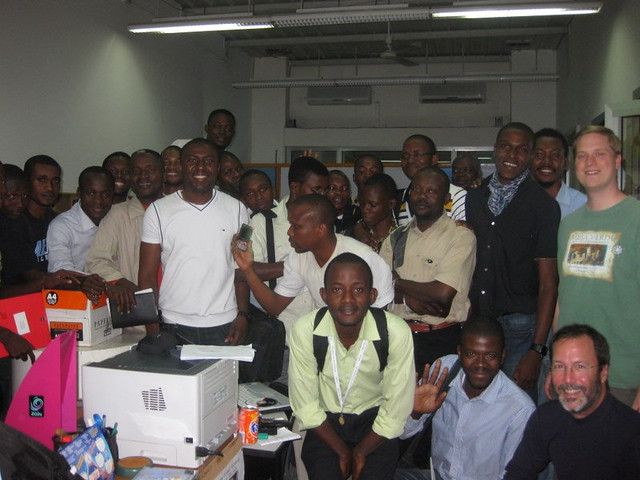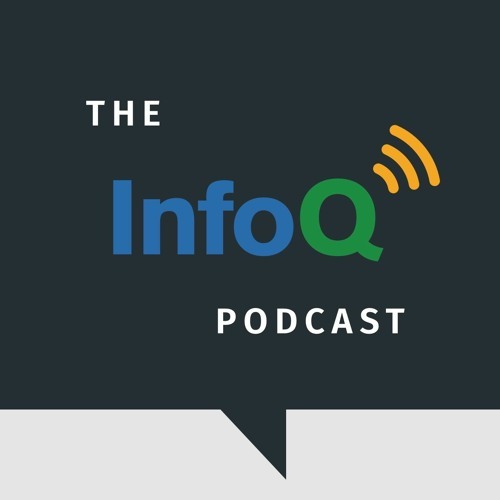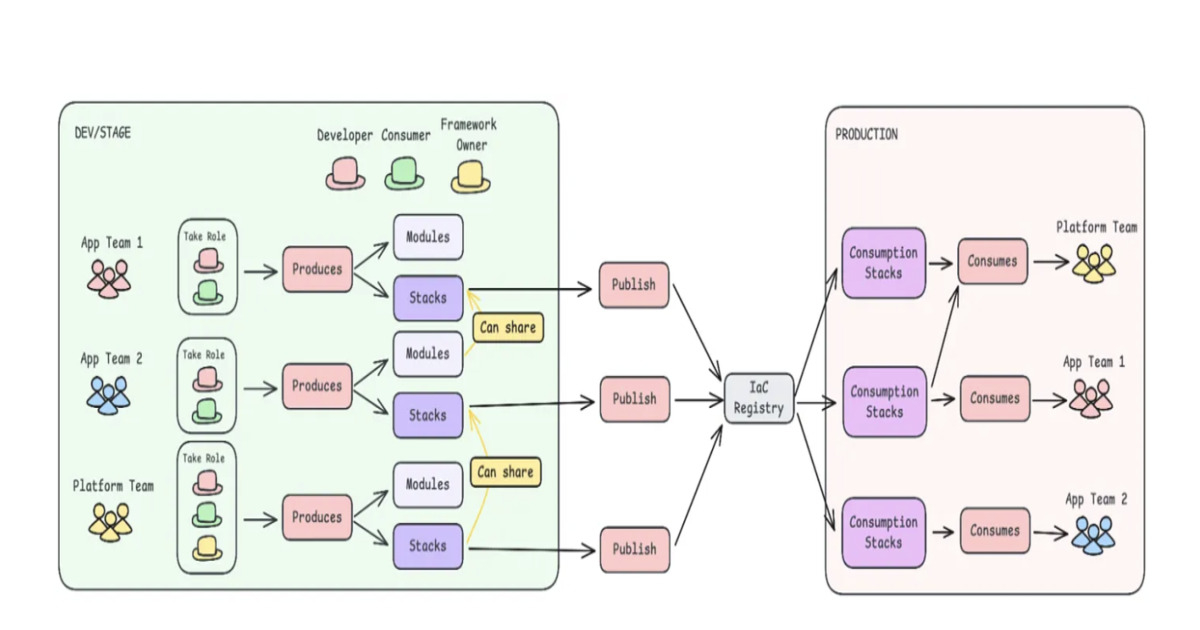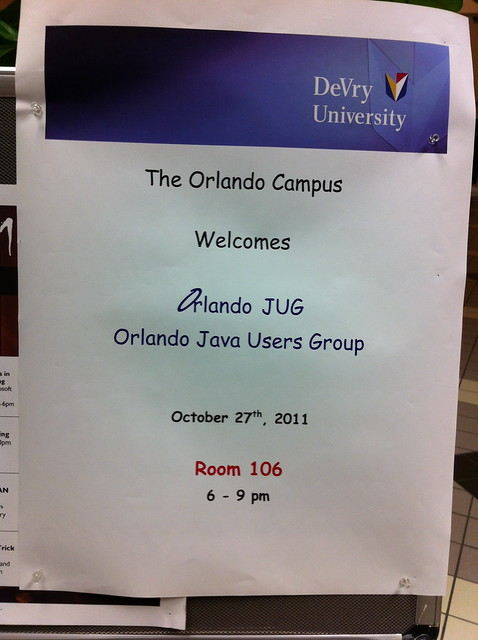Codetown
Codetown ::: a software developer's community
October 2011 Blog Posts (6)
 Ensemble - now called Juju, Ubuntu's Cloud
Ensemble - now called Juju, Ubuntu's Cloud
Ensemble: service orchestration for the cloud (my work for Ubuntu Server) http://fewbar.com/2011/06/so-what-is-ensemble-anyway - via Jim Baker
Jim and I spent some time…
ContinueAdded by Michael Levin on October 30, 2011 at 5:30pm — 2 Comments
 OrlandoJUG October Open Spaces Meeting Rocked!
OrlandoJUG October Open Spaces Meeting Rocked!
We had a great time at the OrlandoJUG meeting tonight. It was an Open Spaces style meeting and a potluck dinner. We had some new faces and certainly covered interesting topics. Here are a few:
1. Cloud Computing
2. JavaOne 2011
3. Managing dev, test and production environments
4. OSGi - what it is and how…
ContinueAdded by Michael Levin on October 27, 2011 at 11:11pm — No Comments
 It's all about Yandda! (an Android app)
It's all about Yandda! (an Android app)
Added by Bulama Yusuf on October 26, 2011 at 11:24am — No Comments
 Good times at JCertif in the Congo
Good times at JCertif in the Congo

Let me indulge with this photo...it was such a great time at the first JCertif and you know, you have a chance coming up in just 11 months to be a part of it again! www.jcertif.com has all the details. Check out some of the African JUGs on Codetown while you're at it.… Continue
Added by Michael Levin on October 25, 2011 at 8:00pm — No Comments
 Dennis Ritchie has Died
Dennis Ritchie has Died
Added by Michael Levin on October 25, 2011 at 10:30am — No Comments
 Take a peek under the covers of a website
Take a peek under the covers of a website
Here's a website with open source code:
A cheap replacement for ching(6)
ching(6), the old amusement found in BSD 4.[234], has disappeared from the face of the net. I wanted it back. Fortunately finding the full text of the Wilhelm translation of the I Ching was easy. So was writing a program to read it.…
ContinueAdded by Michael Levin on October 9, 2011 at 2:00pm — No Comments
Featured Blog Posts
Latest Blog Posts
- New Java features
- Free Eclipse book, recently published
- What is vibe coding?
- You can now download the source code that sparked the AI boom
- 50% Keyboard Guide: Tiny Typists' Delight
- Software language criteria
- We have some exciting news to share with you. Otavio will be joining us to discuss the latest version of Camel in an exclusive presentation. Presentation Details: Speaker: Otavio Rodolfo Piske Topic:…
Most Popular Blog Posts
Monthly Archives
2025
2024
- June (1)
2023
2022
2021
2020
2019
- December (1)
- November (1)
- October (1)
- September (1)
- August (2)
- July (1)
- June (4)
- May (1)
- March (2)
- February (1)
- January (2)
2018
2017
2016
- December (18)
- November (10)
- September (3)
- August (1)
- July (3)
- June (7)
- May (6)
- April (5)
- March (2)
- February (2)
- January (4)
2015
- December (4)
- November (2)
- October (2)
- August (1)
- July (2)
- June (1)
- April (2)
- March (6)
- February (1)
- January (6)
2014
2013
2012
- December (5)
- October (3)
- September (4)
- August (1)
- July (4)
- June (4)
- May (1)
- April (3)
- March (4)
- February (7)
- January (3)
2011
- December (1)
- November (7)
- October (6)
- September (7)
- August (3)
- July (9)
- June (5)
- May (7)
- April (2)
- March (2)
- February (3)
- January (4)
2010
- December (6)
- November (3)
- October (2)
- August (6)
- July (1)
- May (4)
- April (3)
- March (11)
- February (5)
- January (13)
2009
- December (10)
- November (4)
- October (7)
- September (4)
- August (5)
- July (2)
- June (3)
- May (9)
- April (2)
- March (8)
- February (3)
- January (1)
2008
Notes
Welcome to Codetown!
 Codetown is a social network. It's got blogs, forums, groups, personal pages and more! You might think of Codetown as a funky camper van with lots of compartments for your stuff and a great multimedia system, too! Best of all, Codetown has room for all of your friends.
Codetown is a social network. It's got blogs, forums, groups, personal pages and more! You might think of Codetown as a funky camper van with lots of compartments for your stuff and a great multimedia system, too! Best of all, Codetown has room for all of your friends.
Created by Michael Levin Dec 18, 2008 at 6:56pm. Last updated by Michael Levin May 4, 2018.
Looking for Jobs or Staff?
Check out the Codetown Jobs group.
InfoQ Reading List
Presentation: What I Wish I Knew When I Started with Green IT

Ludi Akue discusses how the tech sector’s rising emissions impact our global climate goals. Drawing from her experience as a CTO, she explains seven key lessons for implementing Green IT. She shares insights on LCA assessments, the paradox of microservices, and why FinOps doesn’t always equal green.
By Ludi AkueVue Router 5: File-Based Routing Into Core with No Breaking Changes

Vue Router 5.0 has integrated unplugin-vue-router into its core, enhancing file-based routing and TypeScript support. This transition release boasts no breaking changes, simplifies dependencies, and introduces experimental features like data loaders and improved editor tooling. Ideal for Vue.js developers, it positions itself as a bridge to the upcoming ESM-only version 6.
By Daniel CurtisPodcast: [Video Podcast] AI Autonomy Is Redefining Architecture: Boundaries Now Matter Most

This conversation explores why generative AI is not just another automation layer but a shift into autonomy. The key idea is that we cannot retrofit AI into old procedural workflows and expect it to behave. Once autonomy is introduced, systems will drift, show emergent behaviour, and act in ways we did not explicitly script.
By Jesper LowgrenGoogle Launches Automated Review Feature in Gemini CLI Conductor

Google has enhanced its Gemini CLI extension, Conductor, by adding support for automated reviews. The company says this update allows Conductor "to go beyond just planning and execution into validation", enabling it to check AI-generated code for quality and adherence to guidelines, strengthening confidence, safety, and control in AI-assisted development workflows.
By Sergio De SimoneFrom Central Control to Team Autonomy: Rethinking Infrastructure Delivery

Adidas engineers describe shifting from a centralized Infrastructure-as-Code model to a decentralized one. Five teams autonomously deployed over 81 new infrastructure stacks in two months, using layered IaC modules, automated pipelines, and shared frameworks. The redesign illustrates how to scale infrastructure delivery while maintaining governance at scale.
By Leela Kumili
© 2026 Created by Michael Levin.
Powered by
![]()

